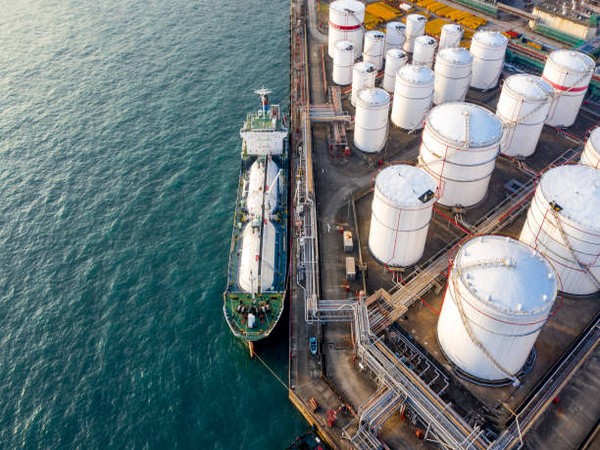OMCs' Profit Margins Shrink Amid Russian Oil Discounts and Diesel Spread Dip
Oil marketing companies face a decline in operating profit due to Russian crude discounts and changing diesel spreads, yet maintain capital expenditures. Despite reduced profit forecasts, OMCs hold strong marketing margins, mitigating risks of fluctuating oil prices. Continued investments, primarily in brownfield expansion, support future growth.

- Country:
- India
The operating profit of oil marketing companies (OMCs) is anticipated to drop significantly in fiscal 2025, descending to USD 12-14 per barrel from USD 20 per barrel in the previous fiscal year, according to a report by Crisil Ratings. The decline is attributed to discounts on Russian crude oil, decreased diesel spreads, and inventory losses.
The report highlights the stability in retail fuel prices amidst volatile oil conditions, helping to sustain the industry's overall returns. Despite the downturn, operating profits are expected to surpass the decade-long average of USD 9-11 per barrel before 2024, backing OMCs' extensive capital expenditure needs.
The Crisil Ratings analysis, representing a significant portion of the public sector OMCs, confirms the profit trend caused by refining and marketing channels. Gross refining margins (GRM)—the difference between the value of refined products and crude oil costs—are softened by price volatilities. However, reliable marketing margins remain robust due to stable retail fuel prices.
Despite a 11 per cent year-on-year drop in oil prices, inventory value shifts had nominal impacts on GRM. Yet core margins stayed strong as geopolitical uncertainties sustained high diesel spreads. OMCs earned Rs 4 per litre or USD 8 per barrel, achieving overall profits of USD 20 per barrel for fiscal 2024.
CRISIL Ratings Director Aditya Jhaver stated, "GRMs are experiencing a sharp correction this fiscal. Refineries worldwide increased production amid dwindling consumption, stabilizing diesel spreads. Further reductions in discounts on Russian crude oil and expected average oil prices of USD 75 per barrel lead to inventory losses. Despite this, marketing margins should stay stable, bolstering cash accruals partially funding OMCs' significant capex plans."
The OMCs remain committed to capex investments, focusing on brownfield expansions. Allocating 80% of their budget to fulfill domestic petroleum and petrochemical demand ensures growth. Any income moderation may be offset by leveraging debt, which could heighten debt-to-Ebitda ratios. However, strategic government support maintains sector resilience against market volatility.
(With inputs from agencies.)










